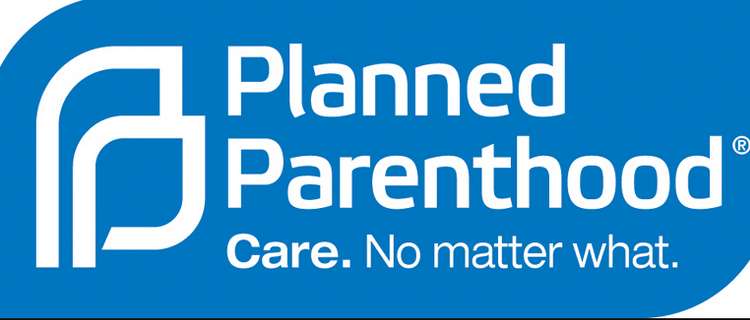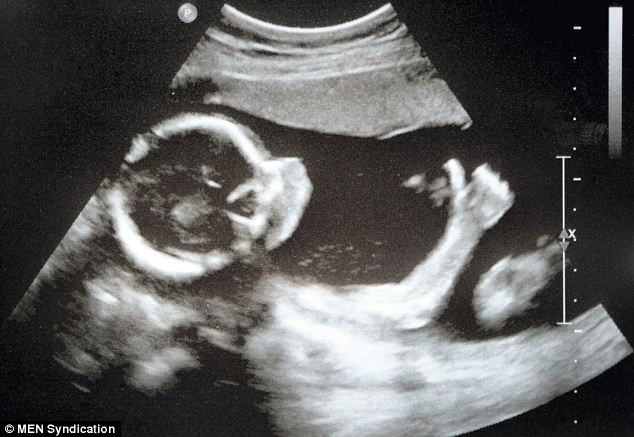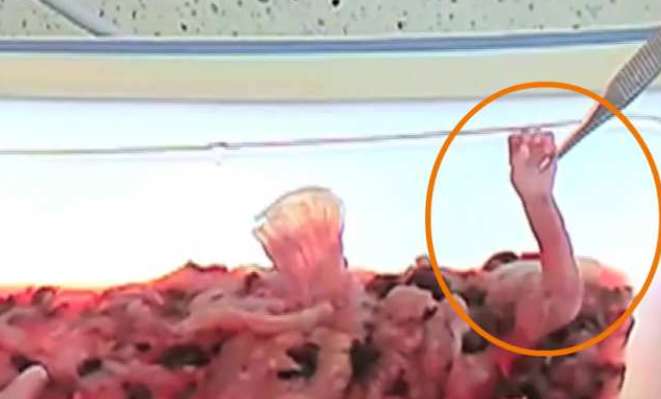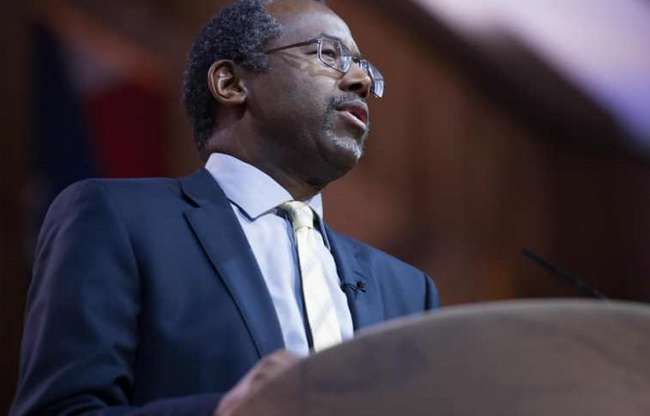Anna Sinclair: Unborn Kiwis need more protection
Guest editorial: Unborn Kiwis need more protection
NZ Herald 3 January 2019
Family First Comment: Excellent commentary from a Christchurch mum…
“It’s time to update our abortion law. It’s the 21st Century; the law is 40 years old, and it needs to be modernised. That’s what we keep hearing, and I couldn’t agree more.
Unfortunately, the proposals in the Law Commission’s report would be a big step backwards.
A truly progressive society protects the rights of all its members, down to the smallest and most vulnerable. The advice the Law Commission has provided would achieve the opposite of that. It would strip unborn Kiwis of any recognition of humanity under the law, placing them at even greater risk. We should be bolstering the rights of unborn children, not stripping them away.”
Well said. #chooselife
It’s time to update our abortion law. It’s the 21st Century; the law is 40 years old, and it needs to be modernised. That’s what we keep hearing, and I couldn’t agree more.
Unfortunately, the proposals in the Law Commission’s report would be a big step backwards.
A truly progressive society protects the rights of all its members, down to the smallest and most vulnerable. The advice the Law Commission has provided would achieve the opposite of that. It would strip unborn Kiwis of any recognition of humanity under the law, placing them at even greater risk. We should be bolstering the rights of unborn children, not stripping them away.
There is no longer any excuse for imprecision over what is developing in a pregnant woman’s womb. We know that at the point of conception, a new organism comes into being. This new organism has its own DNA and its own blood type, distinct from the mother and father. In other words, it is a unique human being. An unborn baby isn’t part of the woman’s body; it is a different body.
We’ve known this for a while, but with today’s technology we have an unprecedented view into the womb.
We know that a baby is formed with astonishing speed: by eight weeks’ gestation the baby already has discernible arms and legs, all its organs are present and its heart is beating; by 13 weeks all major development has taken place, tooth buds are developing and the baby has well-defined fingers and toes; by 16 weeks the baby has eyelids, hair, nails and fingerprints. Mothers often feel the baby moving and kicking between 16 and 20 weeks’ gestation. All this has occurred well before the 22-week threshold in Model C of the Law Commission’s report.
By 22 weeks, babies born prematurely have been known to survive. By 24 weeks, the baby is almost completely formed; over the remaining 16 weeks, the baby primarily just gets bigger and heavier.
This is not fringe theory, and it’s not new. We’ve known all this for some time. Yet Model A of the Law Commission’s report would permit all abortions up to birth.
At this point some will protest that this unborn human should not be called a baby — a foetus, instead, or an embryo or zygote for the earliest stages of development. These terms are fine if used for technical accuracy — a human foetus describes a young, unborn human, just as a newborn and toddler describe older, post-birth humans. It becomes problematic, however, when we use the term as a way to dehumanise the unborn child.
We have dehumanised unborn children, not in response to but in defiance of the evidence, because it justifies us in treating them as less than human.
Some will then argue that, despite its humanity, the foetus should not be considered a person. Arguing for personhood to be bestowed separately to someone’s humanity is arbitrary and not based on scientific fact. There are, not surprisingly, multiple different stages that people point to as marking personhood — implantation, viability, consciousness, even birth.
Shouldn’t the fact that it is human be enough for it to have human rights?
Abortion deprives unborn Kiwis of their most fundamental human right — their right to life. The express purpose of an abortion is to kill a human being. It is not akin to simply removing life support. In abortions performed before 22 weeks, the foetus normally dies in the process of being removed from the womb. After 22 weeks, killing the foetus before removal needs to be part of a successful abortion procedure.
The Law Commission’s report notes the Abortion Supervisory Committee’s advice that “other than in exceptional circumstances, foeticide (the act of causing the death of the foetus) should be part of the abortion process after 22 weeks’ gestation … if a woman does not consent to foeticide, the abortion should not go ahead, because there is a possibility of neonatal survival”.
In other words, simple termination of the pregnancy is not enough. The foetus needs to be killed, because we all know that if you end up with a live baby, the abortion hasn’t gone as planned.
Abortion is not just a women’s rights issue; it is a human rights issue. The point is not whether women are capable of making good decisions. It’s that no individual should hold such untrammelled power, the power of life and death, over another human being.
I don’t deny that many women find themselves in extremely tough situations, and that those who choose an abortion often feel it is their only choice. I don’t want to minimise the stress and trauma of women facing a crisis pregnancy, but too often the discussion ends with the woman’s difficult situation.
Any balanced conversation on abortion must acknowledge the two lives involved, and the two sets of rights to be considered. Any decent law on abortion will seek to protect the rights of both. It’s time our laws reflected the value of humans in the womb.
https://www.nzherald.co.nz/northland-age/news/article.cfm?c_id=1503402&objectid=12185154





